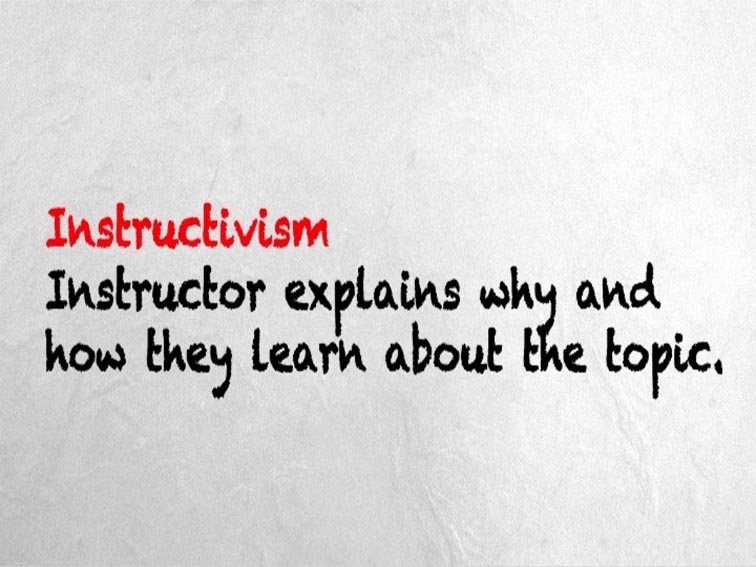Day: Σάββατο, 14 Δεκεμβρίου, 2013
7 Characteristics Of Future Learning
It makes since that learning is also changing–becoming more entrepreneurial than directly didactic. That is, more learner-centered and controlled than teacher-and-report-card controlled.
The presentation below by Steven Wheeler explores some of the shifts occurring in our digital age. Clarifying the differences between knowledge, wisdom, and critical awareness was an excellent way to frame the presentation. As we explore so many new teaching and learning methods, an ironic side-effect is there is no longer a consensus on what “learning” is, a concept this presentation seeks to understand.
Architecture of Participation: 7 Characteristics of Future Learning
Also interesting was the “architecture of participation,” supercharged by social media and characterized by:
- Collaborating
- Tagging
- Voting
- Networking
- User-Generated Content
- Tools
- Sharing
The Difference Between Instructivism, Constructivism, And Connectivism
 We spend so much time in education trying to make things better.
We spend so much time in education trying to make things better.
Better policies.
Better technology.
Better standards.
Better curriculum.
Better instruction.
Better assessment.
Better response to assessment data.
And too with research, teacher collaboration, school design, parent communication, and so on. In fact, many of the “fads” in education that ebb and flow are simply micro-experimentation with this macro and general notion of “better”–zooming in on one thing–whole child education, whole language reading, or gender-based classrooms, and so on.
So while viewing a presentation from Jackie Gerstein recently (that we’re going to share in full tomorrow), I was stopped at the very simple distinction she made between instructivism, constructivism, and connectivism. These differences dovetail behind broader differences between pedagogy, andragogy, and heautagrogy–fundamental assumptions about how and why people learn that have to be considered if our end goal is not to make students better at school, but rather to improve literacy and critical thinking for global citizens everywhere.
So as you focus in your PLC or staff meetings on better “research-based instruction,” you’re looking at ways to improve how to better deliver instruction–more to understand how to better “give learning” than to cause it.
The Difference Between Instructivism, Constructivism, And Connectivism
Instructivism is definitely more teacher and institutionally centered, where policy-makers and “power-holders” create processes, resource-pools, and conditions for success.
Constructivism sees the teacher step aside to a new role as facilitator, pairing students with peers, learning processes, and another another at key moments based on data and observation while the students create their own knowledge and even early learning pathways.
Connectivism is similar to constructivism–in fact, a learner participating in connectivism would likely do so at times with an constructivist approach. The difference here lies in the central role of relationships and networks in connectivism. Rather than supplemental, they are primary sources.
Gerstein’s definition’s appear below. More tomorrow.
The Difference Between Instructivism, Constructivism, And Connectivism –.




